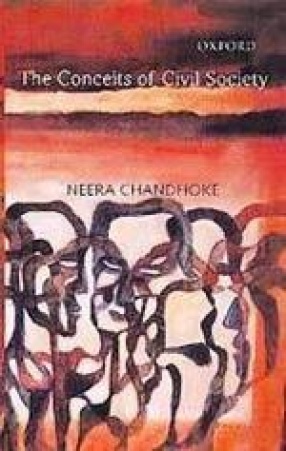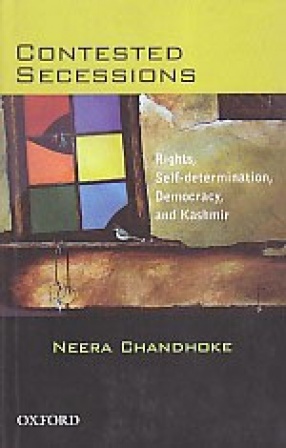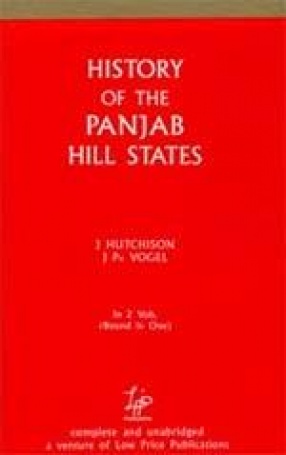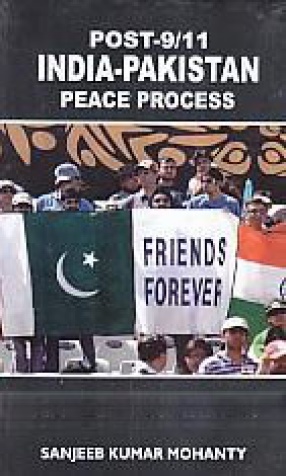Civil society is today considered a panacea to the many ills of the modern world by philosophies and ideologies of every hue—from trade unions, social movements, international organizations, and lending agencies to states, both autocratic and democratic. This book problematizes the idea and the practices of civil society and cautions that the ubiquity of the concept may ultimately prove to be its undoing. According to the author, civil society today has been reduced to a one-dimensional, watered down concept that has ceased to have any definite meaning. It has been stripped of its essential ambiguities, and oppressive tendencies, and ‘re-presented’ as an area of solidarity, self-help, goodwill, and even possibly an alternative to the state. Chandhoke stresses the need to bring the state back into the civil society argument and cautions against the seductions of fashionable perspectives, which seek to conceptually, ‘disembed’ the state from it. She pursues the argument in a critique of theories that prescribe such a course. Such formulations, the book argues, disguise the conflicts within and the many incivilities of civil society. The book also examines the inherent politics of civil society—the way for instance identities are constructed through the politics of memory and narrative, and problems of language and meaning with special reference to India. This book will be of interest to scholars and researchers in political science, philosophy, sociology, and history as also the informed lay reader. Government officials and activists will also find the book useful.
Contested Secessions: Rights Self-Determination Democracy And Kashmir
Taking what is ...
$39.60
$44.00







There are no reviews yet.